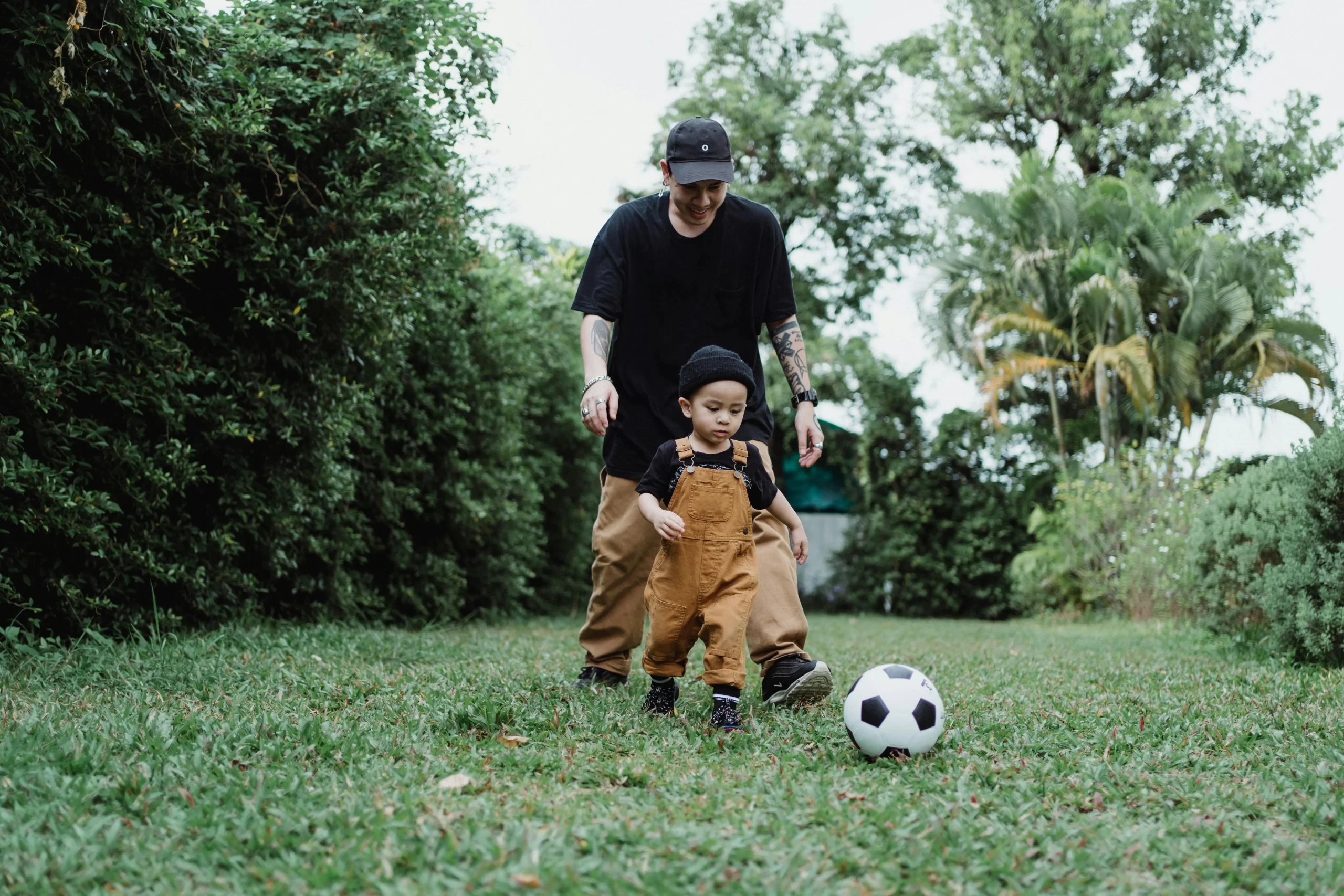Coping with Loss of Interest is Important
As parents of athletes, we often find ourselves filled with pride watching our children excel in sports. It’s a beautiful journey watching them grow, compete, and enjoy their favorite games. However, what happens when the excitement fades, and they lose interest in the very sports they once loved? This can leave us feeling concerned and confused. Why is this happening, and what can we do about it? In this blog post, we’ll explore common reasons why kids may lose interest in sports, steps you can take to address this situation, and tips to help rekindle their passion. Let’s dive in!
Understanding the Reasons Behind Loss of Interest
Before we can address the loss of interest, we must understand what leads to it. Kids often lose their enthusiasm for sports due to a variety of reasons. Here are some common factors:
- Burnout: Just like adults, kids can experience burnout when pushed too hard. They may feel overwhelmed by practice schedules, competitions, and parental expectations.
- Pressure: Continuous pressure to perform can take the fun out of the sport, leading to resentment rather than enjoyment.
- Life Changes: New schools, friendships, or family dynamics can shift a child’s focus and priorities.
- Injury: Past injuries can contribute to a fear of returning to the sport, causing them to lose interest altogether.
- Changing Interests: Kids are constantly evolving, and their interests may naturally shift as they explore new activities or hobbies.
Recognizing these issues is the first step to helping your child regain their passion for sports.
Steps You Can Take to Help Your Child Rediscover Their Love for Sports
Restoring your child’s enthusiasm for sports requires thoughtful actions and conversation. Here are steps I recommend you take:
1. Have an Open Dialogue
Start by creating a safe space for your child to express their feelings. Ask open-ended questions to encourage them to share:
- “What do you enjoy most about your sport?”
- “How do you feel during practices and games?”
- “Is there anything you wish had been different?”
2. Listen Actively
When your child shares their feelings, avoid jumping to conclusions or offering solutions right away. Listening actively allows your child to feel heard and valued. It can be helpful to reflect what you hear. For instance, if they mention feeling stressed during games, you can say, “It sounds like you’re feeling a lot of pressure during competitions.”
3. Explore New Activities
Sometimes, a fresh start can reignite interest in sports. Encourage your child to:
- Try different sports: Find one that sparks joy and excitement in them.
- Engage in recreational activities: Look for non-competitive opportunities, like hiking, swimming, or dance, which might still let them enjoy physical activity without the pressure to perform.
4. Encourage the Importance of Breaks
Taking a break from a sport can be beneficial. Let your child know that it’s okay to step away and recharge. Discuss the benefits of taking a break, including:
- Restoring physical and mental energy
- Gaining new perspectives on their sports involvement
- Allowing time to explore other passions
5. Get Back to the Basics
If your child expresses a desire to return to their original sport, focus on the joy of play rather than competition. You might arrange casual games with friends or participate together in family activities centered around that sport.
6. Facilitate Positive Experiences
Surround your child with encouraging influences. This can include:
- Supportive teammates who make practice enjoyable
- Coaches who emphasize fun and personal growth over strictly winning
7. Set Manageable Goals
If your child decides to continue with a sport, help them set small, achievable goals. This can help to shift focus from outcome-based performance to personal progress. For instance, if they play soccer, you might set goals like improving a specific skill for practice rather than solely focusing on winning games.
8. Be Patient
Remember, it may take time for your child to rediscover their passion. Be patient and supportive throughout the process, assuring them that you are proud of their efforts, regardless of the outcome.
Closing the Loop: Keeping Motivation Alive
Understanding how to cope with your child’s loss of interest in sports is essential. You have the ability to support them through this challenging phase, and your active involvement can make all the difference. By engaging in open conversations, exploring new activities, facilitating positive experiences, and setting manageable goals, you can help rejuvenate your child’s love for sports.
In summary, losing interest in sports is a natural part of growth and development. As a parent, it’s your responsibility to support them through these changes. Take the time to connect with your child and explore ways to rekindle their passion. Remember to be patient and let the journey unfold naturally. You’ll help your child create lasting memories and a lifelong love for physical activity.
Call to Action: I encourage you to take a moment today and sit down with your child. Ask them about their feelings toward their sport, and be prepared to listen openly. This simple act can pave the way for deeper conversations, exploration, and the excitement of rediscovering what they love again. Let’s keep their love for sports alive together!.




